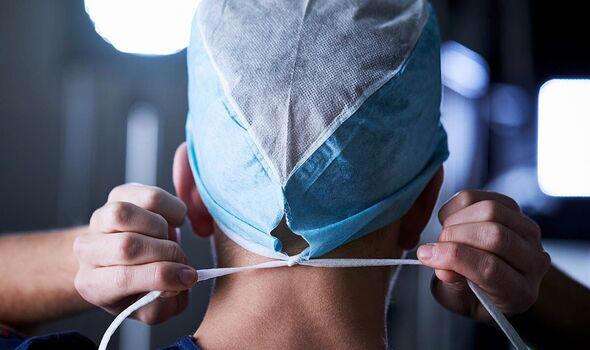In the heart of Derby's Normanton and Arboretum wards, a group of resilient Muslim women are defying cultural expectations and finding new life through exercise. This area, identified by the latest Census as having a significant Asian population with Islam as the dominant religion, is also one of the most deprived parts of the city. These women's stories shed light on the powerful link between social deprivation, health disparities, and the strength of community-led initiatives.
The Struggle and the Sanctuary
For many of these women, the path to physical activity is fraught with challenges. A 68-year-old woman, who wishes to remain anonymous, uses exercise to manage her arthritis. Despite her husband’s belief that her duties lie with him, the house, and the children, she ensures all her chores are done before she leaves. "I do everything for him," she said, "so now I want to do something for myself."
Habiba, in her late 60s, also suffers from joint pain. She heard about the women-only sessions at a local community center and began attending in secret. She had never been in a swimming pool before, but driven by a desire to stay active, she learned to swim. Habiba noted a cultural "taboo" against older women exercising in her community. While her husband disapproves, she is "lucky" to have her son's support. Since starting swimming and Pilates, she has experienced a significant reduction in her joint pain and improved mobility.
A New Generation of Confidence
Neighbors Hawa and Anaiya, whose names have been changed, attend weekly Pilates and IT classes with the full support of their families. They shared how their friend was unable to join them because her family was "not supportive." Hawa and Anaiya's husbands have embraced their desire for self-improvement, which has helped them physically and mentally. "We're very confident now," Anaiya said, a stark contrast to their previous shyness. Hawa shared that she was once unable to go to a doctor’s appointment without her husband. Now, they are so empowered that they "teach other girls to come here and join the centre."
Addressing Health Disparities and Life Expectancy
The Muslim Council of Britain's 2025 Census report highlighted the link between deprivation and poor health, a reality keenly felt in Normanton and Arboretum. Local authority data reveals that the average life expectancy for both men and women in these wards is up to a decade lower than in other parts of Derby. This stark statistic underscores the critical need for initiatives like the women's exercise project.
The project was co-founded by Amjad Ashraf of DE23 Active, a five-year initiative designed to promote physical activity in these specific wards. Ashraf's research identified key barriers for women, including safety concerns, the prioritization of household duties, and religious considerations. "In certain households, families weren't comfortable initially in sending women out into spaces for physical activity as it has stigma and taboo attached to it," he explained.
Overcoming Embarrassment and Fostering Empowerment
Swimming coach Tahira's own journey mirrors that of the women she now helps. "From a young age, no-one encouraged us to do exercise, go swimming or do any type of sport," she said. Tahira, a mother of two, admits that even a few years ago she was "embarrassed to go outside" and feared being judged for exercising. Her daughter, Aliyah, encouraged her to attend the first session, which led to a complete transformation. Tahira's dream of learning to swim became a reality thanks to a local leisure center’s new measures to ensure privacy, including blinds, female lifeguards, and a coach standing by the doors. Now, she helps other women find freedom through exercise, noting a significant improvement in the health of her community's older women.
This initiative is not just about physical health; it's about building confidence, breaking down barriers, and creating a supportive community where women can thrive. The women are not only improving their own lives but are also becoming role models for future generations, proving that it's never too late to take control of your health and well-being.




_2.jpg)



.svg)


_4.jpg)